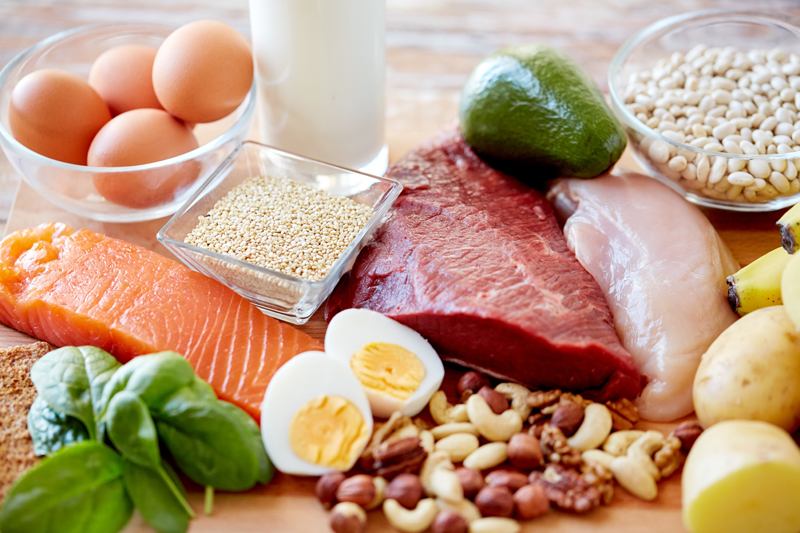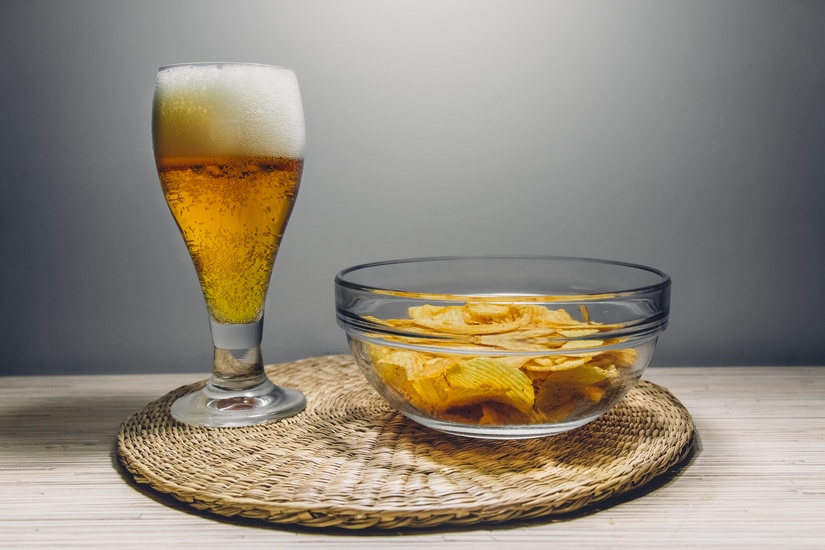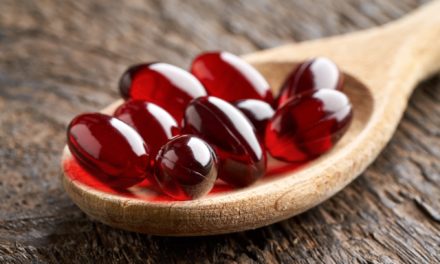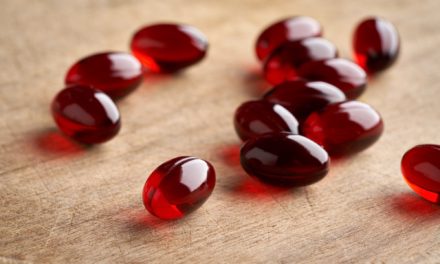What you need to know is that not all fats are the same – and that low-fat diets actually reduce testosterone levels.
The idea of eating fats can be confusing to some people. After all, many diets stress eating “low fat.” But fat is essential to healthy T levels. Testosterone is literally made out of fat (cholesterol)! Healthy fats are not only good for your hormones, they also help you gain muscle, burn fat, and protect your heart.
Here’s the full story on the best fats for men to eat…
Let’s get started by looking at some healthy fats . . .
There are three types of fats that we eat: polyunsaturated, monounsaturated, and saturated. Each has it’s own specific qualities. Get to know these fats, and how much you should eat of each.
Fat #1 – Polyunsaturated Fats & Testosterone
First, there are polyunsaturated fats. They’re found mostly in plant-based oils and foods. Fatty fish such as salmon are high in omega-3 fatty acids, one of the most potent forms of this fat.1
Eating polyunsaturated fats helps improve blood cholesterol levels and may also lower your risk of type 2 diabetes. They also fight inflammation in your body.
Some inflammation is good for the body because it triggers the repair process for replenishing muscle and surrounding tissue. Too much inflammation is bad for the body.
But, as with anything, eat this fat in moderation.
Fat #2 – Monounsaturated Fats & Testosterone
Monounsaturated fats – found in a variety of foods and oils – help maximize testosterone production. They improve blood cholesterol levels, thus lowering your risk of heart disease.
Research shows that monounsaturated fats also may help insulin levels and blood sugar control, a significant benefit if you have type 2 diabetes. It’s important to keep your blood sugar in check because diabetes contributes to low testosterone.2
Some of the best monounsaturated fats include…
- Extra-virgin olive oil. Use it often on salads and other food. It is best consumed raw.
- Avocados. They taste great in salads and contain much potassium and good usable protein.
- Nuts. Eat raw organic nuts rather than highly salted, roasted and flavored varieties. Remember: eat only a handful.
- Seeds. Here’s another great food for beefing up your testosterone levels. Try pumpkin seeds or sunflower seeds. Again, only a small handful at a time.
Fat #3 – Saturated Fats & Testosterone
You can eat saturated fats – but only in moderation! The medical profession has long railed against eating saturated fat, because it can increase your cholesterol and clog up your arteries. NOTE: Studies have proven there is no relation between cholesterol intake and heart attack as doctors once thought (and many still do).
That doesn’t mean we need to eliminate cholesterol all together from our diets! Cholesterol is the foundation of testosterone. So if you eliminate saturated fats from your meals, you’ll lower your testosterone… and notice a big drop in your sex drive.3
Some key points to remember. . .
- Don’t eat hydrogenated or partially hydrogenated oils. Period. These are the “bad” saturated fats that clog your arteries. Read labels.
- Eat red meat in moderation and always the leaner cuts. Better yet, eat grass-fed, organic meats. Sure they cost more, but they’re a lot healthier for you than eating animals fed a diet of toxins and grains. Grass-fed meats offer quality saturated fat and provide you with conjugated linoleic acid to help break down unwanted fat and give you more energy.
- You can also eat pork, chicken, turkey, eggs, and wild game.
- Consider using coconut oil. While high in saturated fats, coconut oil provides many health benefits – even accelerating your metabolism to help burn fat. It’s also best consumed raw.
So the bottom line is: you NEED fats to maintain and increase your testosterone.
Without a healthy amount of fat in your diet, your body won’t be able to boost your T levels. Be smart about your diet, and monitor the different types of fats that you’re eating. By maintaining a healthy diet, along with exercise and supplementation, you can boost your testosterone – safely and naturally.
References
-
http://nutritiondata.self.com/foods-000047000000000000000.html
-
http://www.heart.org/HEARTORG/HealthyLiving/HealthyEating/Nutrition/Monounsaturated-Fats_UCM_301460_Article.jsp
-
http://authoritynutrition.com/top-8-reasons-not-to-fear-saturated-fats









